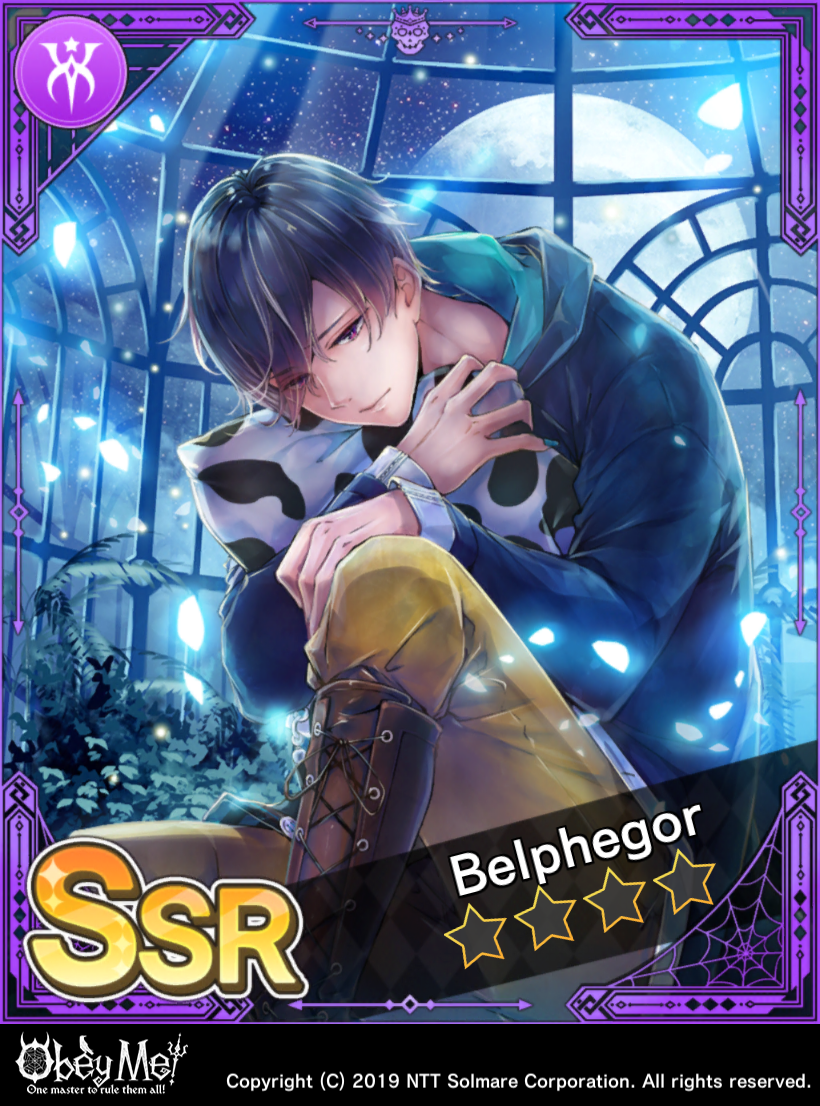

And they survived and stood up together - Rosie the Riveter and all that - and fought back. And then I started thinking about how older people - the older generation - had survived so much - World War II, the Great Depression.

And then I think that was causing a lot of suffering. Daily interactions that are so important to our mental health and well-being - all of a sudden, poof, it was gone. KAPLANSKY: This was during the pandemic, obviously, when things were very dark. SIMON: What did you feel was important to present there and say explicitly, not just poetically? But now this country of hers has been ravaged and cleaved by all this sickness and hatred and bigotry fueled by the lies of the fools who would lead, lies told for power, malice and greed. And Mary knows she'll always belong there. KAPLANSKY: (Singing) The sound of goodwill, kindness and care. SIMON: Which is a very pointed song, takes place in a small town and certainly seems to take on politics in America today. KAPLANSKY: (Singing) February morning, rain's falling down. SIMON: Let me ask you about "Mary's Window." KAPLANSKY: (Singing) Mary’s looking out at the empty streets of her town. I have to feel something about something and just start expressing and literally pick up the guitar and just kind of singing words. And so I think if something's moving me, there must be some emotional truth there. KAPLANSKY: Emotional truth is the most important thing for me when I listen to songs. SIMON: What causes you to write a song, do you think? But unconsciously driven - for me, that's the way writing happens. And I just started writing last days of summer coming on fast, which is exactly how I felt. Like - and it happened, of course, to be the end of summer also, which is also kind of a sad time. And that's literally what I started writing. Like, I knew for years it was going to come to that. KAPLANSKY: All of a sudden, that was going to end. KAPLANSKY: This was percolating in me after 18 years of having her home all the time, kind of forever. SIMON: Help us understand the process of turning those kinds of anxieties into a song, something that's inside you that you want to share with others.

After 18 years, how can it be just one week more till we carry those boxes to her new room on the seventh floor? KAPLANSKY: (Singing) But I’ll miss that girl in her room, safe and mine. And it was sort of all-encompassing and very sad for me. But the big thing in my life was that my daughter was about to leave home. KAPLANSKY: I think it was the song that kind of encompassed the main experience I was having at that time because, you know, yeah, there was a pandemic. Why did you decide to lead with this song on your album, which, by the way, is utterly beautiful and effective? And how do you expect me to go on after that song? Roots, wings and all of that is among the utterly human episodes that Lucy Kaplansky shares on her new album, "Last Days of Summer." She joins us now from Cape Cod. She’s filling boxes with blankets, books and clothes - no longer a child, unafraid, ready to go. Was hoping August wouldn't end, but it never lasts. LUCY KAPLANSKY: (Singing) Last days of summer are coming on fast. (SOUNDBITE OF SONG, "LAST DAYS OF SUMMER") OK, parents, trigger warning here about the first song on Lucy Kaplansky's newest album - our producers cautioned me to get a tissue.


 0 kommentar(er)
0 kommentar(er)
